"This reality is no longer tolerable. ... It's time for your sons to enlist in the IDF."
Having lost hope for any change in the male leadership of the Haredi world, national-religious women, demanding that Haredi men serve as do their own sons, are reaching out to Haredi women, instead.
For about 100 days, Israel held it together, putting unity and winning the war above everything else. But the moratorium on nasty Israeli politics is wearing thin, and slowly but surely, Israel is re-entering what we might call “pre-war politics.”
Everywhere one turns, whether it’s in the cabinet, where ministers lashed out at IDF Chief of Staff Halevi this week with a viciousness that some said was unprecedented, to Israel social media, you sense the gradual return of the pre-October 7 toxicity that for most of 2023 had Israel in its grips.
Later this week, we will post our podcast with Yaakov Katz, former Editor-in-Chief of the Jerusalem Post and now Senior Fellow at the Jewish People Policy Institute, who reflects on whether Isrsael is actually winning the war and whether the war is indeed winnable. As for the return of toxic Israeli politics, Katz has some very clear suggestions for what those seeking to topple Netanyahu should and should not do.
Yet while some of the politics of yesteryear are returning—and we’ll be covering that more closely in days to come—some things are unlikely to revert to the status quo ante. One area in which change seems probable—unless Netanyahu succeeds in holding on to power, which I suspect may be less unlikely than many others do—is relations between the Haredim (ultra-Orthodox) and the rest of Israeli society. With the war exacting such a heavy price, the notion that such a large segment of Israel’s populace might be permanently exempted from military service is an outrage that more and more Israelis are unlikely to tolerate.
Even before the war, there was a sense among some Israelis that the Haredim understood that they had over-reached in joining the Netanyahu government in exchange for a Basic Law that would forever exempt their sons from military service. As Haaretz noted on August 4:
Those hopes grew when, at the beginning of the war, there were reports of unprecedented numbers of Haredim volunteering for the army. Headlines like this (from the Times of Israel on 23 October 2023) gave people cause for optimism:
Now, though, it appears that that rosy picture wasn’t nearly as bright as people assumed. The numbers of Haredim who have actually be drafted are closer to 200 than the thousands that were later reported, and of those, apparently, many had long since left the Haredi world, but chose to join the IDF as Haredim because of special benefits that are given to Haredi soldiers as an incentive.
Here’s a Google translated screenshot from Makor Rishon this past week:
The picture, obviously, is much more complex than many had hoped. Any change is going to be slower than we might have liked.
Which is why some people are taking on the Haredi world in very creative ways.
In late November, I listened to a fascinating conversation (in Hebrew, but viewable on YouTube here) between three fascinating women: Sharon Brik-Deshen, who heads Kolech, a religious women’s forum, and two members of the “New Haredi movement,” Tehilla Gado and Feini Sukenik.
The representatives of the “new Haredim,” a more “modern” version of the Haredi world much more open to engagement with larger Israeli society, were very clear—much though they (and we) might like to see more Haredi men joining the army, it’s not going to happen any time soon, because the entire Haredi system of matchmaking is built on the status of the yeshiva learning a young man is engaged in. To exit that world for the army, they said, might be admirable, but barring massive change in the Haredi world, would dampen their prospects for a “high quality” match.
Change, they clearly said, would be very slow-coming, war or no war.
When Israeli politics takes off for real one of these days, secular resentment of the Haredi failure to be part of the army is going to boil over. That, of course, the Haredim already expect, and their (male) leadership are presumably preparing for it.
That it what turned a recent letter written by a well known, widely respected, national-religious Talmud scholar and very popular (and phenomenal) teacher, Dr. Tehila Elizur, into an Israeli social media phenomenon. Elizur decided to address not the male leadership, but women in the Haredi community. As a mother herself, she chose to address not the rabbis, but the mothers of the young men now exempted.
She sent the following note out on WhatsApp (in Hebrew):
I invite you, mothers of regular and reserve soldiers, to join me in signing the attached letter: an appeal to the mothers of ultra-Orthodox yeshiva students to urge their sons to enlist in the IDF.
It is an address from the heart whose purpose is to serve as a clear voice, to say things as they are: there is no longer any place in Israeli society for distinguishing between blood and blood. I wish to direct this painful voice to ultra-Orthodox women because I feel they are the ones who can lead the change, even if it is slow and gradual, within ultra-Orthodox society.
At the same time, the goal is get traction in the media. These are things that all of us—society and its leaders—need to hear and to voice, after many years in which we got used to pretending not to see this ‘white elephant'.
What should be done:
1) If you are a mother of regular or reservist soldiers in any role, and you agree with the statements, please add your signature to the letter - https://did.li/6e8w5
2) Please forward this letter to other soldiers' mothers from all over the country.
3) Anyone who knows people in the ultra-Orthodox society—relatives, work colleagues, neighbors, please forward them the attached link with the signatures.
Thank you and have a nice day,
Tehila Elizur
An open letter to our Haredi sisters:
These words are written with a trembling hand and a heavy heart.
We, mothers and wives of soldiers and female soldiers in mandatory service and in the reserves, are now turning to you, the mothers of ultra-Orthodox yeshiva students:
Call on your sons to enlist in the IDF
We know that many of you have shared in our grief and bereavement over the fallen for many years and especially in the difficult days since Simchat Torah. In the last two months, we have seen the help and solidarity efforts of ultra-Orthodox women in a variety of ways to help families of evacuees and families of fallen soldiers. We know that many are praying for the welfare of the soldiers, the healing of the wounded and the return of the kidnapped.
We are also aware that you, like the whole of ultra-Orthodox society, attach great importance to Torah study and see in it a supreme value and even assistance in safeguarding the people of Israel. But none of these can come in place of enlisting in the IDF. This is the Jewish, moral and civil duty of anyone who wishes to live here. The absence of that standard constitutes a distinction between blood and blood. This reality is no longer tolerable.
For those who think that their son is not suitable for military service, we say: Many of our children are not suitable to be soldiers. None of them are suited to die in war. None of us are suited to sending our child to risk his life. We all do this because it is impossible to live here without an army, and we are all responsible for one another: it is not possible for others to risk and risk their children for me, when I and my children will not risk for them. My blood is not redder than theirs.
We no longer stake our hopes on the leaders of the ultra-Orthodox society, the heads of yeshiva and kollels, politicians and businessmen.
Throughout the generations, women in Israel have known how to act with courage and sacrifice, where great men and leaders failed. We believe that here, too, the correction can start with the women and mothers of Israel.
Our request to you is unbearably difficult, but there is nothing more justified and moral—because each of us carries this difficulty from the day a child is born. We call on you to take the lead on these necessary steps, to fulfill together with all of us the commandments “Thou shalt not stand on thy neighbor's blood”, and “Thou shalt love thy neighbor as thyself.”
Call on your sons to enlist in the IDF.
We pledge to support you. We would be happy to meet to talk, and think together about how we will act towards this step.
Thanks to righteous women, Israel was redeemed. May it be that thanks to you and thanks to the sons who will be mobilized, that He who makes will make peace in the highest places will make peace for us and for all of Israel.
Signed by 408 mothers, includes their names, where they live and where the children (sons and daughters) currently serve in the army.
Will it work?
It’s hard to say. Probably not, but still, something is shifting. That religious women leaders would openly turn to Haredi women and essentially ask them to push back against their religious leadership is actually a breathtaking and courageous step.
As the war drags on, and the conflict morphs from being an “emergency” to the “new normal,” we can expect that much of the “normal” of Israeli politics will soon return. But if the above letter and the news coverage about Haredim not really enlisting are any indication, it may just be that when it comes to the Ultra-Orthodox and the IDF, the “old normal” may finally be running out of time.
Impossible Takes Longer is available on Amazon and Barnes & Noble and at other booksellers.
Our Threads feed is danielgordis. We’ll start to use it more shortly.


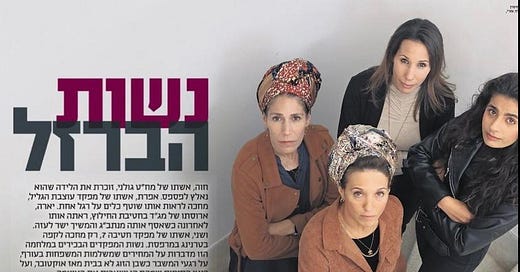

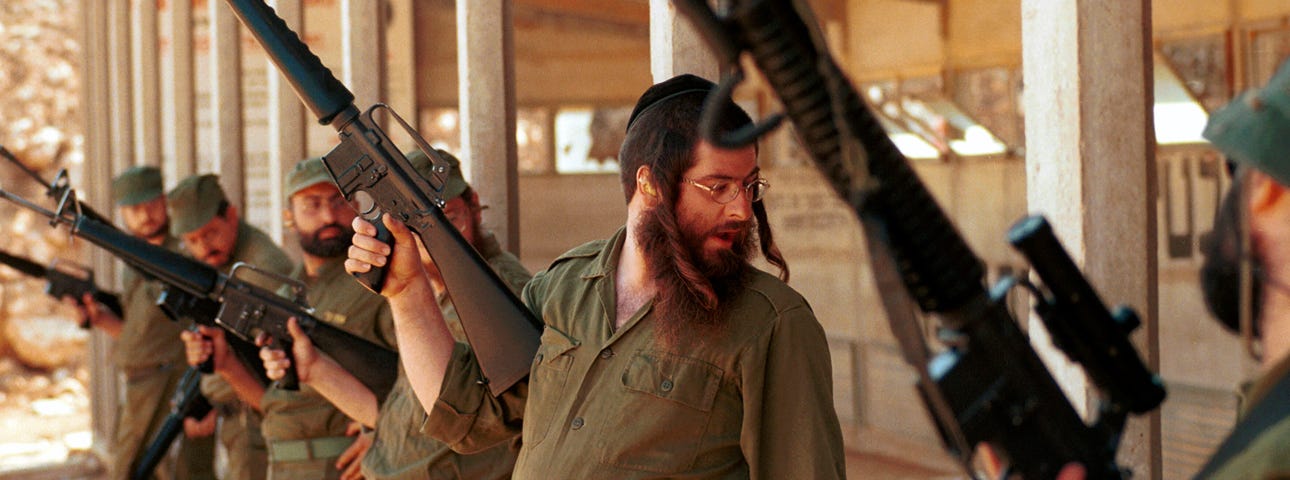

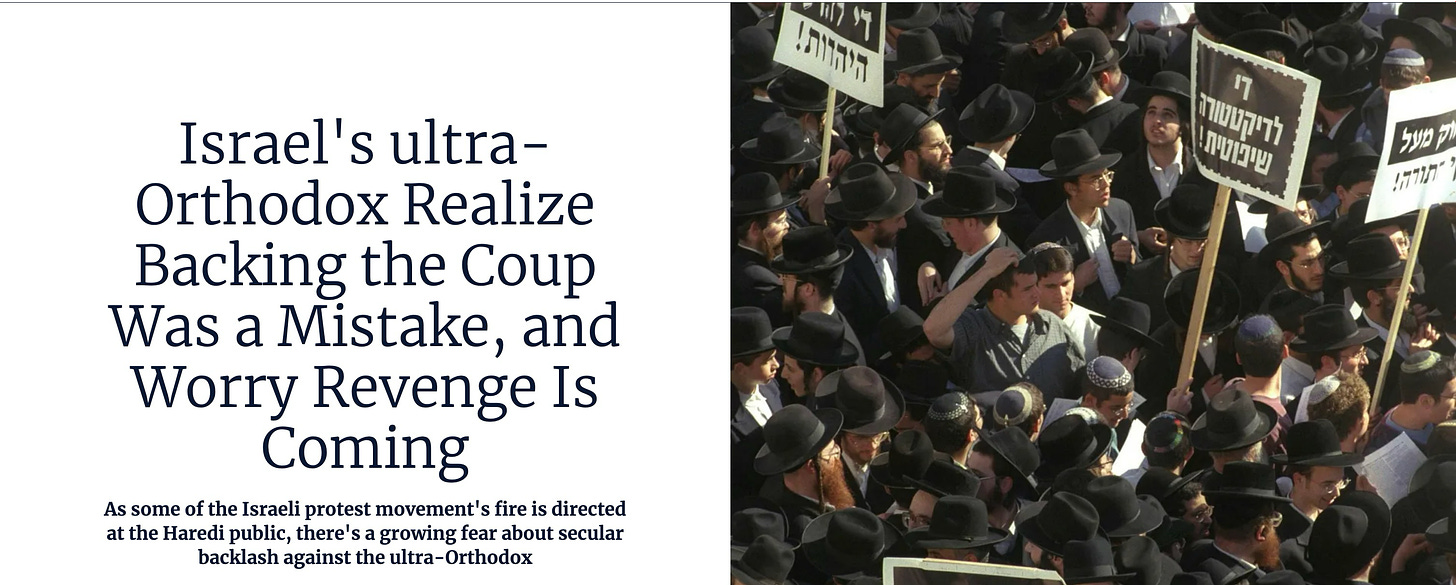
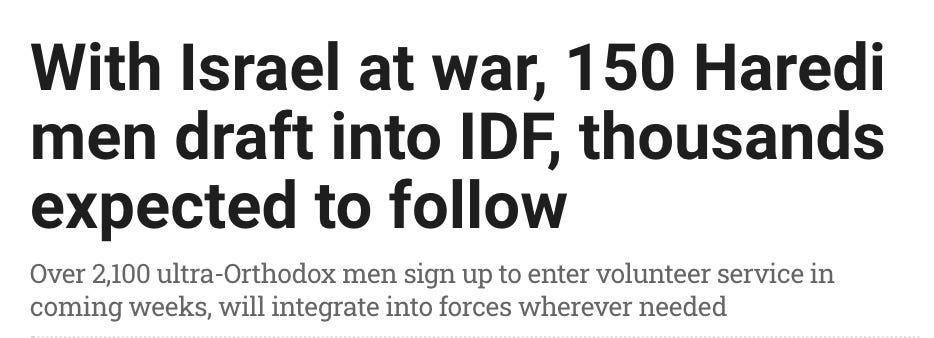


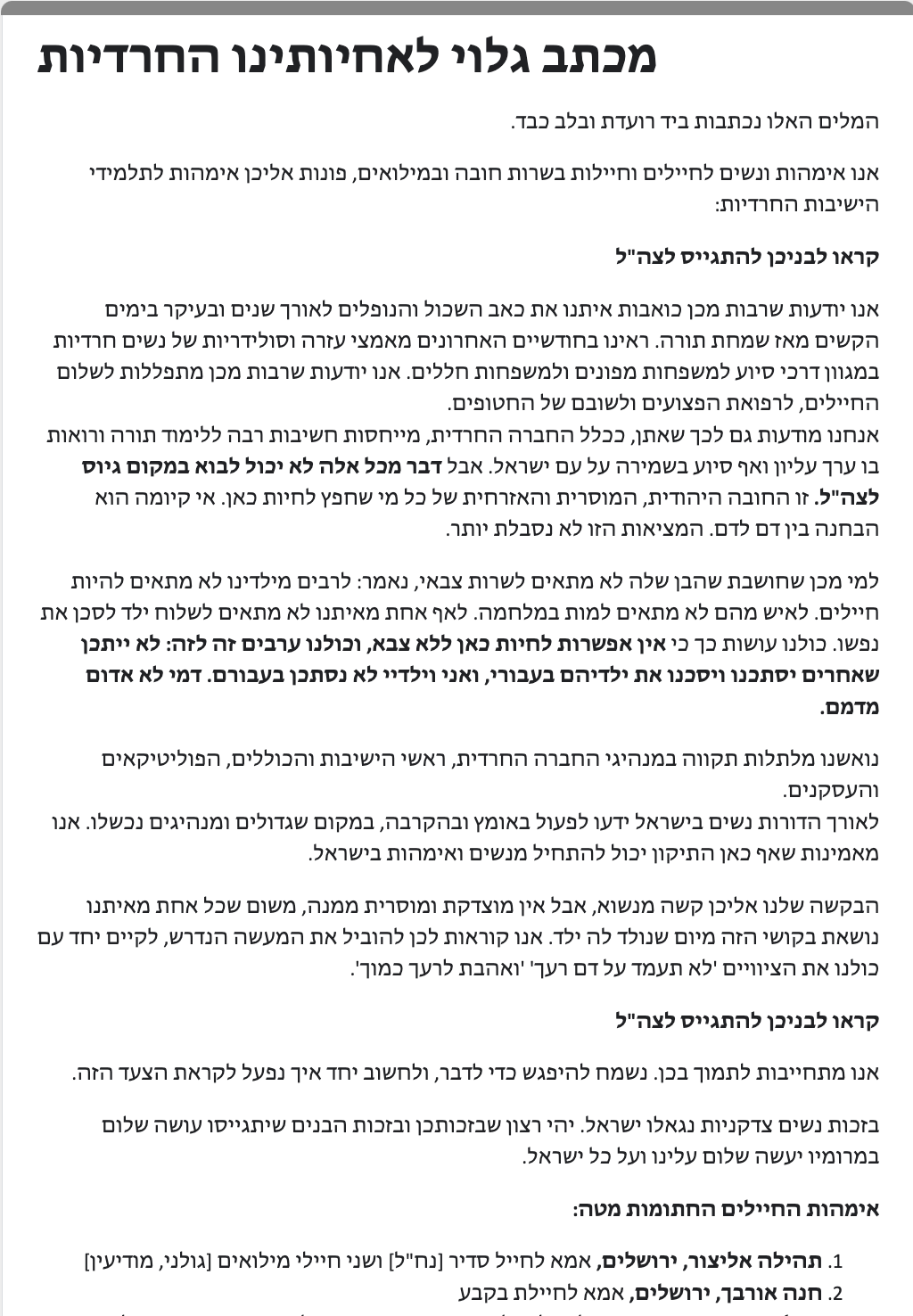







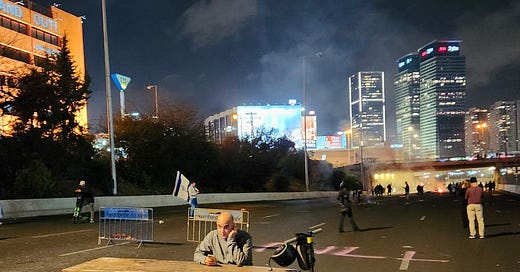

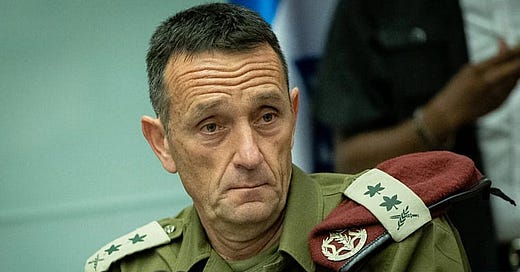



Sadly this won't work although the idea behind the letter is correct - change will only come from the bottom up. I am a father of 4 children (3 sons and a daughter) who served in the IDF - the sons in combat. Those three sons left their families before noon on October 7 and have been fighting in Gaza and the West Bank. My son in law also went in. They left wives and children at home. Sadly, the haredi community is living life as if there is no war and their politicians are still trying to get what they can - business as usual. The 200 who were drafted are not joining the army but are doing civil defense in their towns. That is very important but does not alleviate the manpower problem.
The only way to solve the problem is to withhold social security and medical insurance from those who don't serve their country.
It’s not just sons, but daughters too that die in service to the country. Instinctually, as a man, I find that doubly shameful.